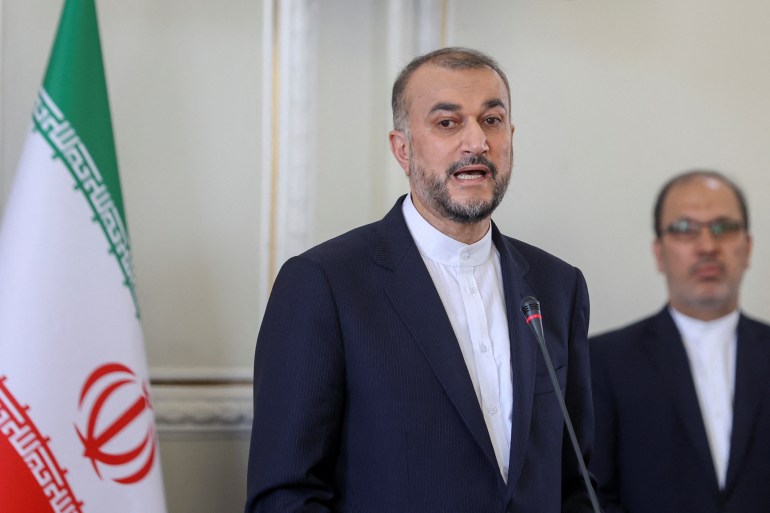Washington said Wednesday that it is in the process of evaluating the Iranian response to revive the nuclear agreement, while Moscow confirmed that the chances of reaching a final agreement are greater than ever, amid rising optimism for an imminent agreement.
US State Department spokesman Ned Price said that his country is still studying the response to the proposals made by Iran to revive the nuclear agreement.
Price added that Washington is consulting with its European allies on the Iranian response, stressing that Washington was sincere in its commitment to a mutual return to the agreement.
In turn, Russia considered the European proposal as a greater opportunity than ever to reach a final agreement with Iran.
Russian envoy in Vienna Mikhail Ulyanov said the final outcome depends on how the United States responds to Iran's reasonable suggestions.
Waiting for their reply
On the other hand, Iranian Foreign Minister Hossein Amir Abdollahian said that Tehran had informed Washington and the rest of the negotiating parties in Vienna, through the European mediator, of the Iranian remarks and was waiting for their response.
The Iranian foreign minister added that it must be ensured that any agreement will respect what he called Iranian red lines and achieve Tehran's economic interests.
The Iranian Foreign Minister stressed that it must be ensured that any agreement will respect what he called Iranian red lines (Reuters)
Meanwhile, Israeli Channel 13 quoted Israeli officials as saying that Iran is close to signing a nuclear agreement, and that they note this and consider the agreement bad.
The Israeli channel quoted officials as saying that Israel is preparing for different scenarios and is working to identify directions to take appropriate measures in order to prepare for that.
It also quoted them that Iran is preparing to mobilize its public opinion in order to be able to sign the agreement.
Shuttles
After intermittent and indirect talks between the United States and Iran that lasted 16 months, during which the European Union shuttled between the two parties, a senior European Union official said on August 8 that the bloc made a “final” offer, and expected a response within “a few weeks.” very".
The 2015 agreement between Tehran and Washington, Paris, London, Berlin, Moscow and Beijing allowed for the lifting of sanctions on Iran in exchange for reducing its nuclear activities and ensuring the peace of its program, but the United States unilaterally withdrew from it in 2018 under former President Donald Trump, re-imposing harsh economic sanctions on Iran which responded by gradually reversing most of its commitments under the agreement.
Iran and the powers affiliated with the agreement began discussions to revive it in April 2021 in Vienna, with the indirect participation of the United States, and with the facilitation of the European Union.
Although significant progress has been made in the negotiations, the talks were suspended last March, with points of disagreement remaining between Tehran and Washington, on which the stakeholders and mediators have not yet been able to bridge the gap.

